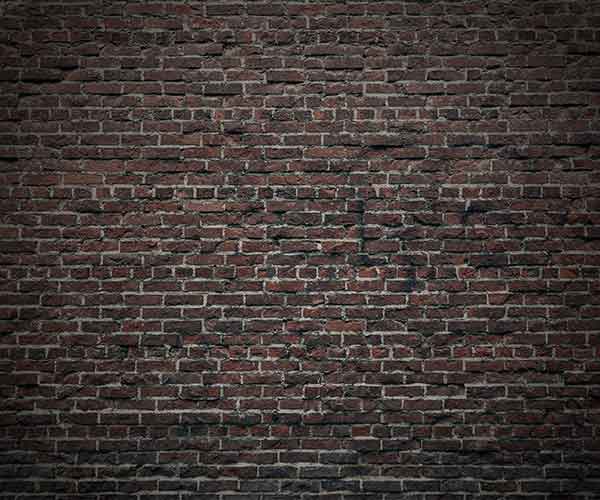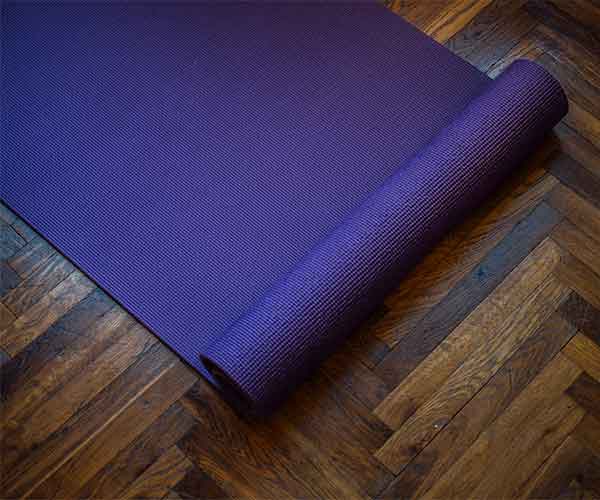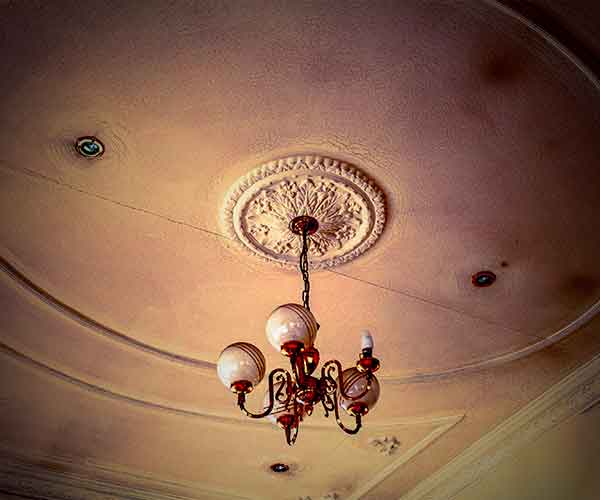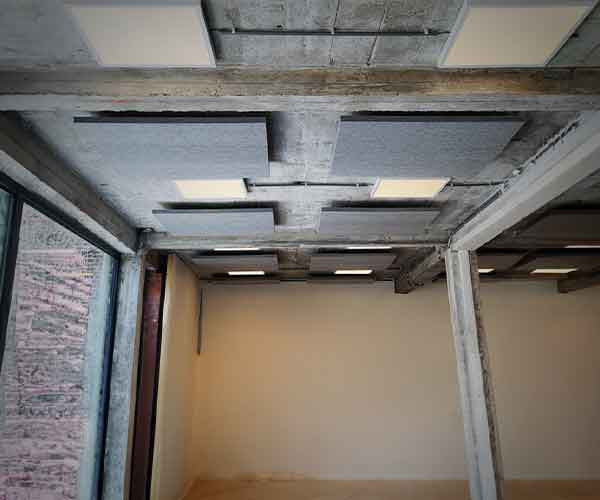
Walls
From cost effective slim-line stick on soundproofing to high performance independent stud wall solutions.
Welcome to our collection of acoustic insulation products, designed to offer quality soundproofing for walls, floors, and loft spaces. Our range of acoustic insulation, also known as soundproof insulation, caters to a wide array of needs, ensuring you find the perfect solution for your project.
We stock an impressive variety of acoustic insulation materials, including acoustic slabs, rolls, foam, partition rolls, and underlays. These products come in various thicknesses to suit different applications, whether you're working on a new build, DIY project, or renovation.
From leading manufacturers our selection includes:
Acoustic Foam: Flexible and durable, ideal for ventilation, ductwork, and electrical equipment.
Acoustic Underlay: Perfect for reducing airborne and impact noise beneath floors.
Acoustic Partition Roll (APR): High-performance glass mineral wool for partitions, floors, and walls.
Acoustic Slab: Provides excellent value with both acoustic and thermal insulation properties.
Acoustic insulation, also referred to as soundproof insulation or noise insulation, is essential for reducing the transmission of sound between spaces. It works by creating a barrier that absorbs, scatters, deflects, or blocks noise, maintaining a low and controllable sound intensity.
We offer a diverse range of high-quality acoustic insulation products, each designed to meet specific soundproofing needs. Our products are sourced from industry-leading manufacturers to ensure optimal performance and durability. Here's a detailed look at the types of acoustic insulation we provide:
Acoustic foam is composed of flexible and durable open-cell materials. It is typically provided in sheets that can be cut to the desired size during installation.
Acoustic underlay is a type of insulation installed beneath flooring or onto the sub-floor. It is designed to absorb sound vibrations, reducing both airborne and impact noise.
Acoustic Partition Roll is a lightweight glass mineral wool roll that offers high acoustic insulation performance. It is designed to be used in partitions, floors, and walls.
Acoustic Slab is a semi-rigid insulation product that not only provides excellent soundproofing but also offers thermal insulation properties. It is highly valued for its versatility and effectiveness.
If you're uncertain about the best acoustic insulation for your project, our professional team is here to help. Contact us for expert advice tailored to your specific needs. Additionally, we offer attractive discounts on bulk orders, ensuring you get the best value for your investment.
Explore our comprehensive range of acoustic insulation solutions to find the ideal product for your soundproofing needs. Enhance the tranquility of your home, optimise the acoustics of your studio, or ensure privacy in office spaces with our top-quality insulation products.
Soundproof acoustic insulation, or simply sound insulation, is designed to minimize sound transmission through building structures like walls, ceilings, and floors. This specialized material absorbs sound waves, reducing noise from outside or between different areas within a building. It's essential in creating quieter, more comfortable spaces in homes, offices, and studios.
The effectiveness of this insulation is measured by its sound transmission class (STC) rating, with higher ratings indicating superior sound blocking capabilities. Materials used for acoustic insulation include mineral wool, foam panels, and dense fiberglass, each selected based on the specific sound frequencies and types they best absorb.
Besides enhancing tranquility and privacy, sound insulation can improve a building's thermal efficiency. Soundstop.co.uk provides a range of soundproofing solutions, allowing you to select the ideal acoustic insulation for your needs, whether to shield against external noise or control sound within your space.
Soundproof insulation can make a big difference in creating a peaceful environment. Acoustic insulation works by trapping sound waves and preventing them from traveling through walls, ceilings, and other solid surfaces.
Different materials used in insulation act as sound absorbers, diffusers, and barriers. The most common soundproof insulation material is Rockwool, which helps to reduce sound transmission by trapping air between fibres. Other materials, such as fibreglass, cellulose, and foam, also work to absorb sound waves.
The material’s density and thickness also play a role in how effective it is in soundproofing. In addition, the type of wall or ceiling construction and the presence of any gaps or cracks need to be taken into consideration when installing soundproof insulation.
With the right materials and installation, soundproof insulation can significantly reduce noise transmission and create a peaceful environment.
Soundproofing insulation is a great way to reduce unwanted noise and sound levels in any space.
The benefits of using soundproofing insulation include improved acoustic performance, reduced sound transmission, and improved privacy, without loosing room space.
Acoustic performance can be improved by providing absorption and dampening of sound waves, reducing reverberation, and increasing sound clarity. Sound transmission can be reduced through the use of materials that absorb and block sound waves, reducing noise levels in adjacent rooms.
Privacy can be improved by preventing sound from traveling through walls and floors, reducing the noise from outside sources. Additionally, soundproofing insulation can be used to reduce energy costs by providing a barrier against external temperatures.
Overall, soundproofing insulation is an effective and cost-efficient way to reduce noise levels and improve the acoustic environment of any space.
When choosing soundproof insulation, there are several factors to consider:
Firstly, you should consider the type of insulation and how it will work best for the space you are trying to soundproof. Rockwool insulation is often used to reduce sound transmission, while spray foam insulation can be used to fill in gaps and cavities to block noise from entering a room.
Secondly, you should consider the thickness of the insulation and its effectiveness in reducing sound. The thicker the insulation, the more effective it will be at blocking noise.
Finally, you should consider the cost of the insulation and whether it fits within your budget. Different types of insulation will vary in price, so make sure to do your research to find the best option for your needs.

From cost effective slim-line stick on soundproofing to high performance independent stud wall solutions.

Are you trying to stop noise from below reaching you, or eradicate your noise passing down to your neighbours?

Ceiling soundproofing is often your only option when living below noisy neighbours. Check out our solutions.

Jump straight into our sound absorption solutions designed for and used in both public spaces and private homes.